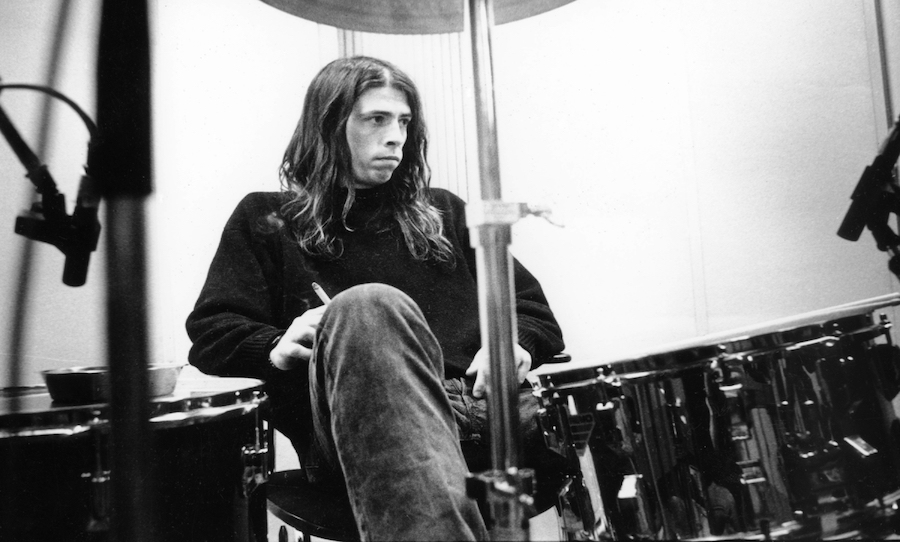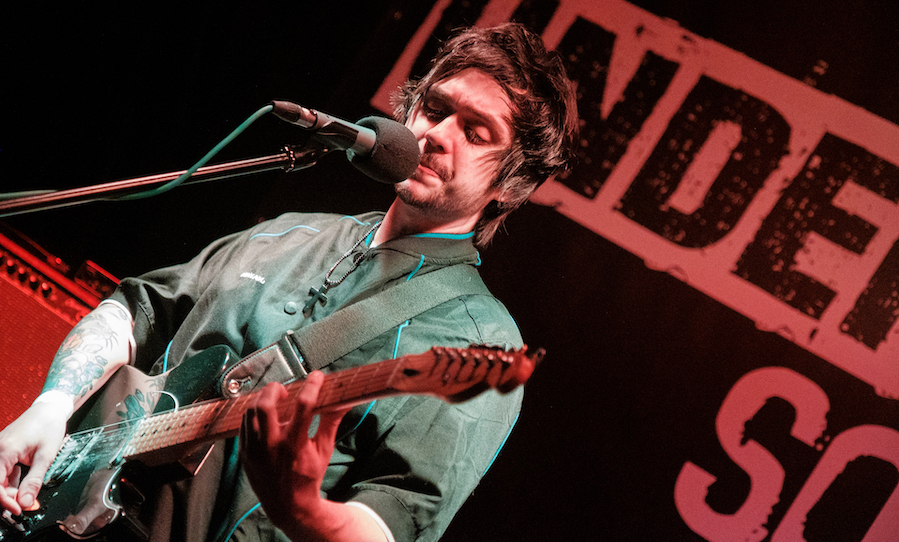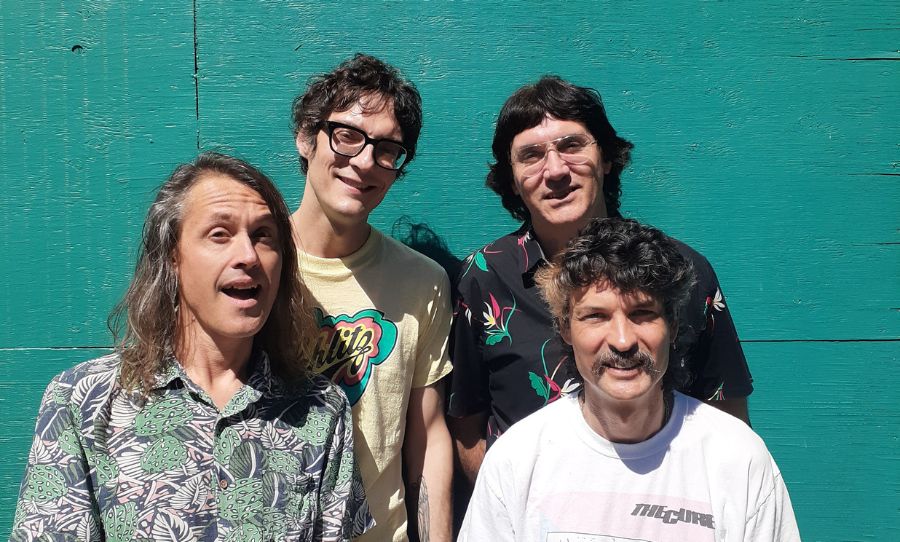On April 8, 1994, Kurt Cobain, the lead singer and guitarist of the grunge band Nirvana, and one of the planet’s most famous musicians, was found dead at his home in Seattle at the age of 27. As Cobain’s suicide starkly overshadowed his work, the world proclaimed that grunge was dead, believing that nothing would emerge from the muddy legacy that Cobain had left behind.
Nirvana’s living members owed their success to the talent of their eerily enigmatic frontman and would soon become nothing more than his once-upon-a-time supporting musicians. It was with these assumptions rested upon him and a heart consumed by grief that Nirvana’s drummer, Dave Grohl, would quietly start creating an album. Little did we know that Grohl’s deeply personal creative release would gestate into another one of the most successful bands of all time – Foo Fighters.
Disinterested in the expectations of his fans and unhindered by the limitations of being in a band, Grohl recorded an album by himself, using Foo Fighters as a name to hide his identity. What came after was not as a result of chance, but a true reflection of Grohl’s unparalleled musicianship.

Through Foo Fighters’ eponymous debut album, Dave Grohl was able to pull off one of the most phenomenal second acts in the history of music.
There’s no right way to deal with the loss of a friend. Grohl struggled to even listen to music after Cobain died. Despite a huge number of famous bands inviting Grohl to join them as their drummer, he couldn’t quite shake the feeling that music would be nothing without his beloved bandmate and close friend.
However, after bringing himself to perform with The Backbeat Band at the 1994 MTV Music Awards, Grohl once again discovered a spark of inspiration that would pulse through his veins from then and for eternity.
Grohl booked just six days at Seattle’s Robert Lang Studios where he recorded his favourite songs he had written over the previous five years. With the assistance of producer Barrett Jones, Grohl played all instruments and released it under a name that he hoped would make people believe it was a band. The mysterious new ‘group’ was called Foo Fighters, named after the nickname used by pilots in World War II to describe UFOs and aerial phenomena.
Listening to the album reveals the sheer power of music for emotional release, and while not every lyric makes obvious sense, it’s soaked in a deep sense of awareness. Grohl explores everything from love and gratitude to mourning and melancholy, and for everything he could not explain with words, he propelled with sonic waves.
The absence of clear meaning throughout many of the album’s lyrics so purposefully demonstrated the void left after Cobain’s death, reflecting Grohl’s sentiment: there was not really too much to say, but rather, music to play.
What stood out so clearly about the album was just how different it was to Nirvana. Departing from the soft-loud and thrashy dynamics that Nirvana was known for, Grohl took a more hard-rock approach. However, this isn’t to say that Foo Fighters isn’t tinged with a DIY punk aesthetic which appealed to grunge fans.
Veering away from the sense of despair that Cobain was riddled with, Grohl created music that had a playful sense of cheer, inspiring joy in the musician who once thought he’d lost it all. 25 years later, Foo Fighters continue to play the most beloved tracks on the album, including This Is a Call, Big Me, Good Grief and Watershed, a clear signal that these songs are still held close to Grohl’s heart.
Foo Fighters was released almost silently, but it certainly wasn’t long before it circulated throughout the music industry, creating record label interest. People were surprised that Grohl could be more than a grunge group’s percussionist. Eventually, a deal was signed with Capitol Records. Of course, then came along a whole band which Grohl had recruited, those who have released music and toured relentlessly ever since.
Foo Fighters is so much more than a passion project-turned big. It was an opportunity for Dave Grohl to fall in love with music all over again after the devastating loss of a true inspiration. Music is therapy with the power to heal us, defy expectations, and change the world altogether.


